The ancient art of cooking in Egypt has long been a subject of fascination for historians and culinary experts alike. Among the many techniques that have survived through the ages, the practice of Furm El Medammes, or slow-cooked fava beans, stands out as a testament to the country's rich gastronomic heritage. This traditional dish, often enjoyed at breakfast, is more than just a meal—it’s a cultural symbol deeply rooted in Egyptian daily life.
In the bustling streets of Cairo, the aroma of simmering fava beans wafts through the air as vendors prepare their pots over low flames. The process is unhurried, requiring patience and precision. The beans are soaked overnight, then cooked for hours in large copper pots until they reach a creamy consistency. The result is a dish that is both hearty and flavorful, often seasoned with garlic, lemon juice, and cumin. For many Egyptians, Furm El Medammes is a nostalgic reminder of home, a dish that transcends social and economic divides.
What makes this method of cooking unique is not just the ingredients but the fire management involved. The heat must be consistent but gentle, allowing the beans to soften without losing their shape. Historically, this was achieved using clay ovens or open fires, with cooks relying on their intuition to gauge the temperature. Today, modern stoves have simplified the process, but the essence of the technique remains unchanged. The slow infusion of heat is what gives the dish its distinctive texture and depth of flavor.
The cultural significance of Furm El Medammes extends beyond its taste. It is a dish that brings people together, often shared among family and friends during leisurely morning gatherings. In a fast-paced world, the tradition of slow-cooked beans serves as a reminder of the value of taking time to savor both food and companionship. Whether served with freshly baked bread or a drizzle of olive oil, the dish embodies the warmth and hospitality that Egypt is known for.
While the origins of Furm El Medammes are debated, its enduring popularity is undeniable. Some trace it back to the Pharaonic era, while others believe it was introduced during the Islamic period. Regardless of its history, the dish has evolved over centuries, adapting to regional tastes and available ingredients. Today, it is celebrated not only in Egypt but across the Middle East, with each country adding its own twist to the recipe.
For those seeking to experience authentic Egyptian cuisine, Furm El Medammes is a must-try. Its simplicity belies the skill required to perfect it, and its humble ingredients tell a story of resilience and tradition. In a world where culinary trends come and go, this slow-cooked dish remains a timeless classic, a delicious link to Egypt's past and present.
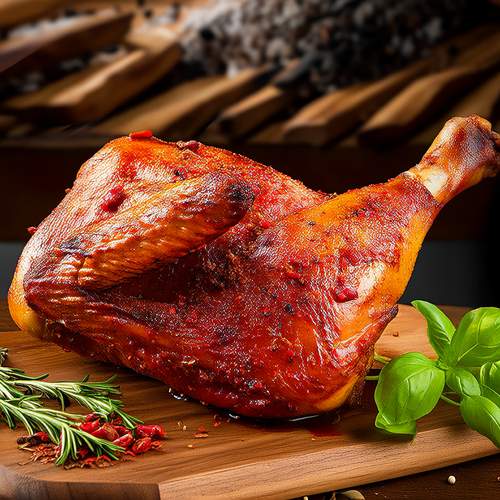
By /May 26, 2025

By /May 26, 2025

By /May 26, 2025
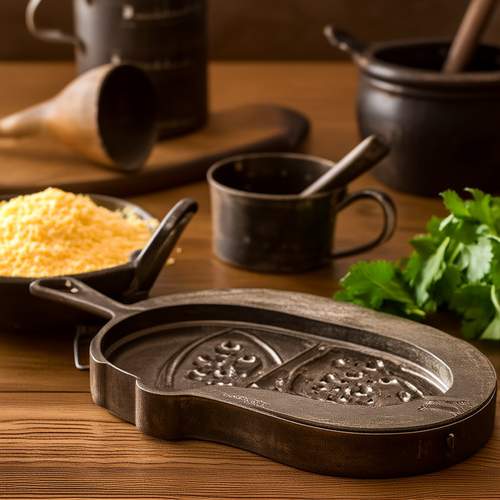
By /May 26, 2025
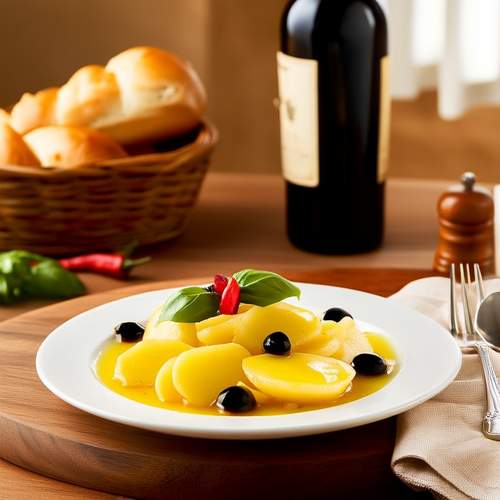
By /May 26, 2025
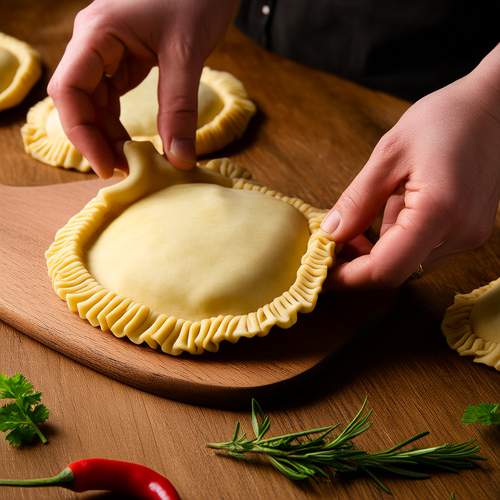
By /May 26, 2025

By /May 26, 2025
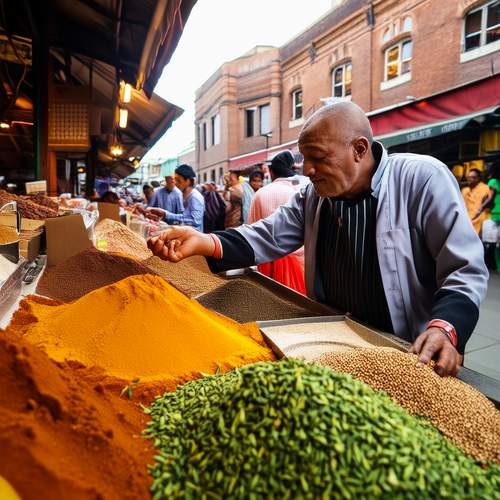
By /May 26, 2025
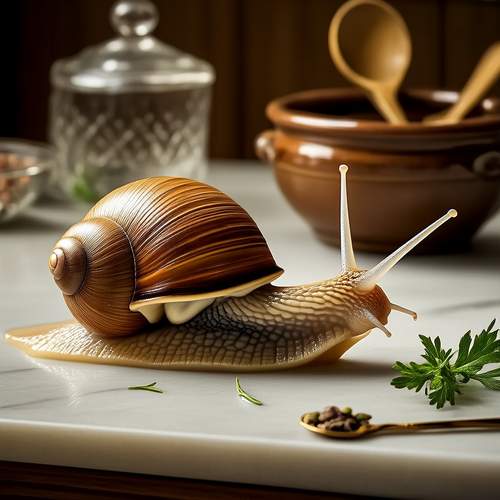
By /May 26, 2025
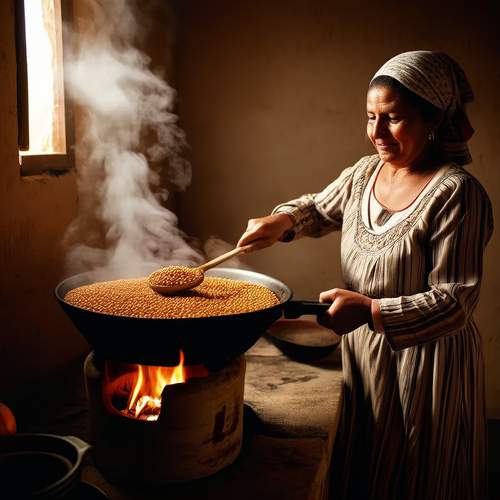
By /May 26, 2025
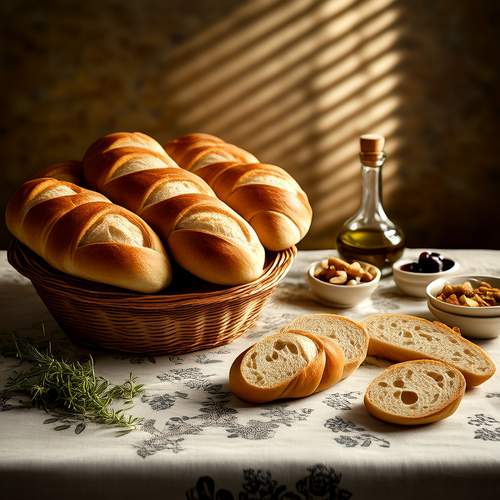
By /May 26, 2025
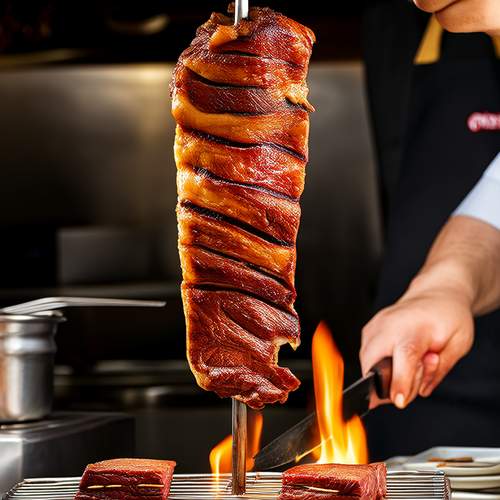
By /May 26, 2025
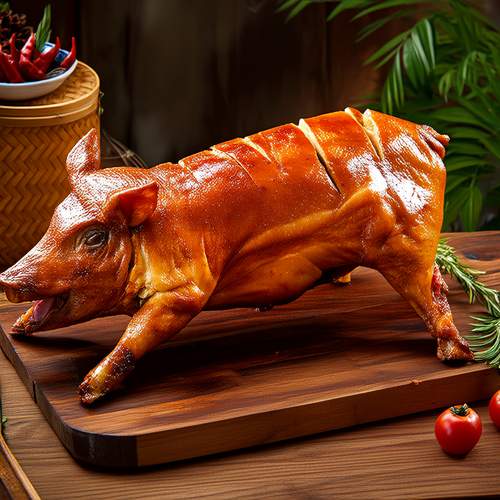
By /May 26, 2025
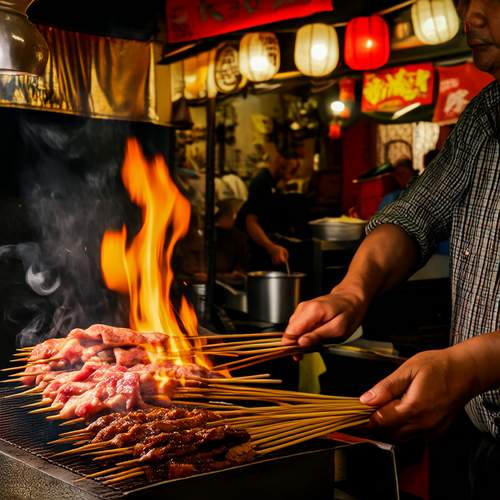
By /May 26, 2025
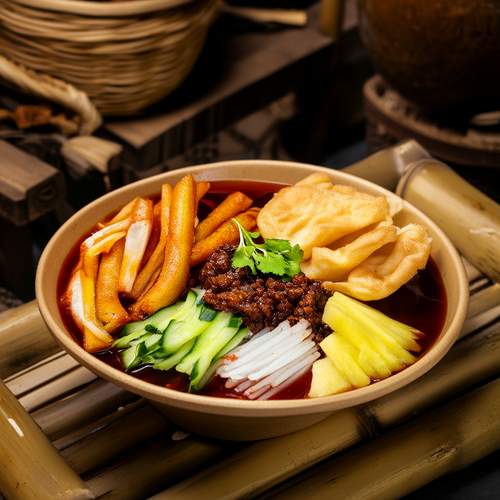
By /May 26, 2025

By /May 26, 2025
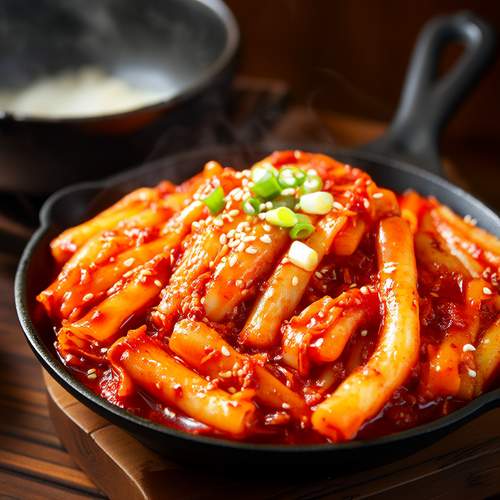
By /May 26, 2025
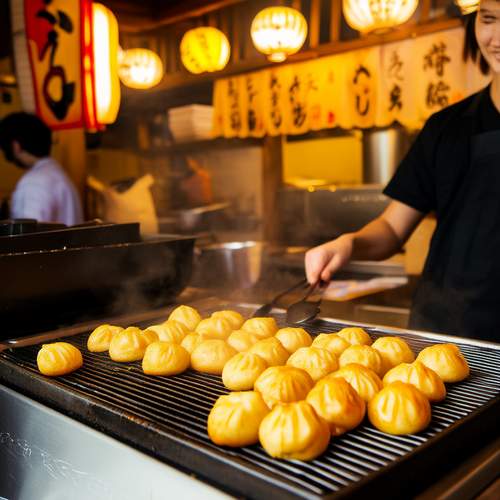
By /May 26, 2025
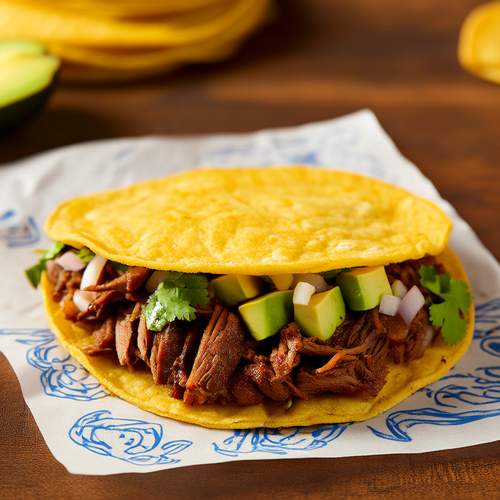
By /May 26, 2025
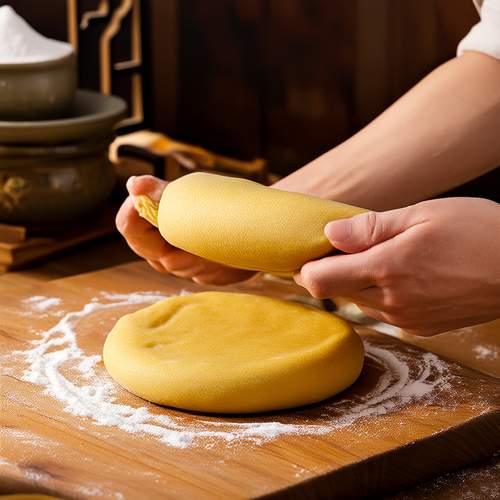
By /May 26, 2025